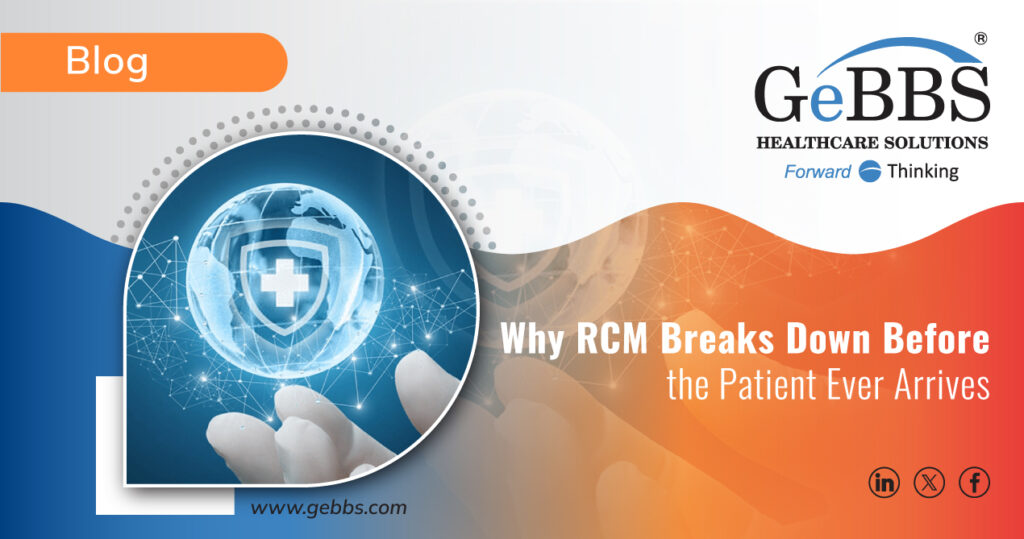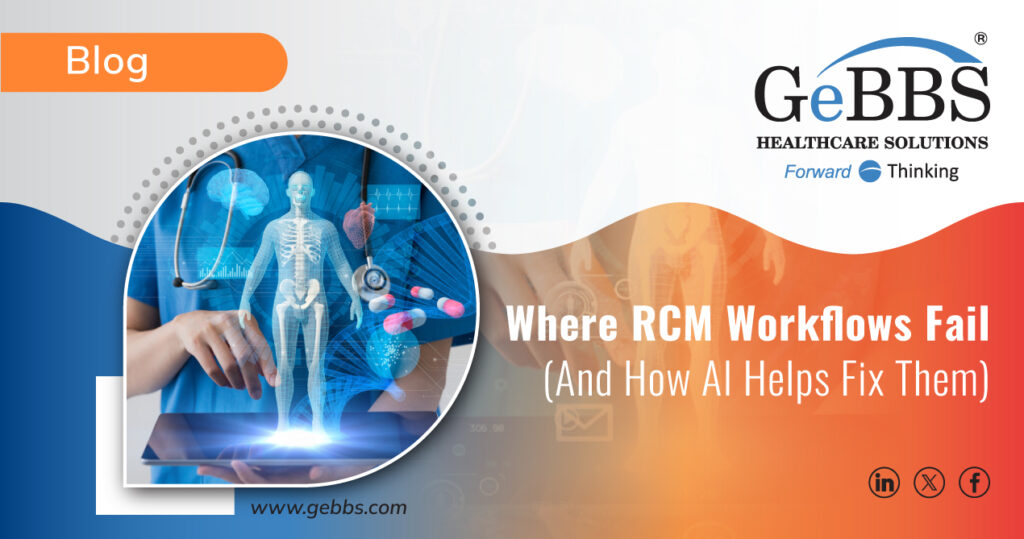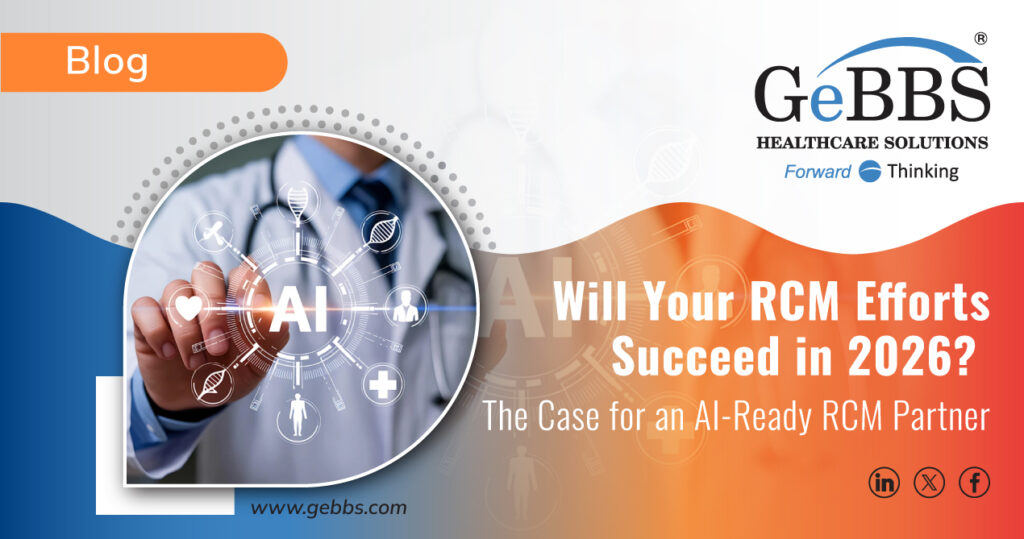Precision medicine represents a groundbreaking approach in healthcare that customizes medical treatments based on each patient’s unique genetic makeup, environment, and lifestyle. This new approach shows great promise in diagnosing, treating, and preventing diseases more effectively than traditional methods. According to the National Institutes of Health (NIH), precision medicine is a revolutionary shift from the one-size-fits-all model to more personalized care, aiming to enhance the effectiveness of treatments and reduce adverse effects.
Recent advancements have shown significant progress in precision medicine. For example, the NIH’s All of Us Research Program has successfully returned personalized health-related DNA results to over 100,000 participants, identifying 7,000 new genetic variants that will improve genetic testing for all. Additionally, precision medicine initiatives have been linked to improved outcomes in oncology, where researchers use molecular fingerprints of various cancers to develop more precise treatment plans.
Incorporating precision medicine into standard healthcare brings about specific challenges, particularly in Revenue Cycle Management (RCM). Effective RCM practices are crucial for managing precision medicine’s financial, data management, and regulatory complexities. By utilizing advanced RCM solutions, healthcare providers can guarantee proper reimbursement for the high expenses linked to genetic testing and personalized treatments. These solutions ensure compliance with healthcare regulations and securely handle sensitive genetic data.
Precision Medicine: An Overview
Precision medicine is a tailored approach to healthcare that aims to optimize medical decisions, treatments, and practices based on the patient being treated and their unique genomic, environmental, and lifestyle background. This strategy incorporates cutting-edge advancements in genomics, data analytics, and biotechnology to identify the most effective interventions for specific patient groups. For example, the field of pharmacogenomics explores how an individual’s genetic makeup influences their response to medications, helping them choose treatments that are most likely to be effective and cause the fewest side effects.
Data Management in Precision Medicine
Data management is a cornerstone of precision medicine. Accurate and secure handling of genetic data ensures effective treatments and maintains patient trust. Precision medicine initiatives highlight the necessity of precise data management to guarantee the accuracy of genetic data, which is essential for accurate diagnostics and personalized treatments. These data management systems include:
- Security and Privacy in Data Management: Adopts rigorous data security measures outlined by the Precision Medicine Initiative, including encryption, audits, and multi-factor authentication to protect patient information from unauthorized access.
- Ensuring Trust Through Rigorous Privacy Practices: Emphasizing transparency and patient consent and advocating for participants’ rights to access and control their data fosters trust and ensures informed participation.
- Implications for Healthcare Providers: Advanced data management practices enhance patient care by ensuring accurate and secure genetic data and facilitating the delivery of personalized treatments to improve safety and effectiveness.
As precision medicine advances, sophisticated data management becomes increasingly important. Healthcare providers can navigate the complexities of this new era by adopting strict security measures and upholding robust privacy principles. This ensures that patient data is secure and used ethically and effectively to drive medical innovation.
Potential Benefits of Precision Medicine
Precision medicine has the potential to enhance patient outcomes, expedite research, and improve healthcare efficiency, benefiting patients and the healthcare community. This includes the following benefits:
- Personalized Treatment Plans: Tailoring treatment to individual genetic profiles reduces the trial-and-error in drug selection, increasing treatment efficacy and safety.
- Targeted Therapies Development: By understanding the genetic underpinnings of diseases, researchers can develop drugs aimed at specific disease pathways, notably improving outcomes in fields like oncology.
- Enhanced Disease Prevention: Genetic insights enable early identification of high-risk individuals for preemptive interventions, improving preventative healthcare strategies.
- Streamlined Medical Research: Precision medicine allows for more focused and efficient research by categorizing patients into genetically similar groups, enhancing the relevance and application of research findings.
- Improved Healthcare Delivery: Integration with Electronic Health Records (EHRs) facilitates better access to patient data, supporting more informed decisions and boosting the quality of care.
Precision medicine advances medical treatment and research, making healthcare more personalized and predictive. This benefits patients directly and enhances the overall efficiency of healthcare systems. This approach will significantly impact future healthcare practices, presenting both challenges and opportunities.
Challenges in Implementing Precision Medicine
Despite its significant potential benefits, implementing precision medicine faces several obstacles:
- Financial Challenges: The costs associated with genetic testing and personalized treatments pose considerable barriers. Efficient RCM practices are critical in managing these expenses and ensuring that healthcare providers receive adequate reimbursement. This financial challenge requires careful planning and resource allocation to make precision medicine accessible and sustainable.
- Data Management Challenges: Precision medicine generates a large amount of sensitive genetic data, requiring solid data handling and security measures. Ensuring data accuracy and safeguarding patient privacy is essential, necessitating advanced data management systems for efficient storage, processing, and protection of this information.
- Regulatory Challenges: Healthcare’s regulatory landscape is complicated, and precision medicine introduces new complexities and requirements in coding, documentation, and billing. Healthcare providers must navigate these regulations carefully to comply with legal standards and ensure the effective implementation of precision treatments.
These challenges highlight the need for comprehensive strategies to address financial, data management, and regulatory obstacles in implementing precision medicine.
The Role of RCM in Precision Medicine
Revenue Cycle Management is essential in addressing the financial aspects of precision medicine, ensuring that healthcare providers can manage the high costs of genetic testing and treatments. Key elements include:
- Accurate Coding: Precision medicine requires detailed and specific coding practices to capture the complexity of personalized treatments and ensure that services are appropriately reimbursed and documented.
- Efficient Billing and Claims Management: Timely and accurate claim processing is crucial to avoid denials and reimbursement delays.
- Regulatory Compliance: It is critical to keep up with evolving regulations. RCM specialists like GeBBS Healthcare Solutions provide comprehensive services to help healthcare providers navigate these complexities, ensuring compliance and optimizing financial performance.
GeBBS specializes in providing essential RCM services. Their expertise in healthcare regulations and compliance, combined with advanced technologies, makes them a valuable partner for healthcare providers navigating the precision medicine landscape.
GeBBS Healthcare Solutions: Pioneering Precision Medicine Support
GeBBS Healthcare Solutions, recognized as one of the largest healthcare RCM companies, excels in providing technology-driven solutions that support the intricate demands of precision medicine. As a Top 10 Revenue Cycle Company, GeBBS leverages extensive healthcare coding expertise and sophisticated medical billing capabilities to ensure comprehensive support for healthcare providers. Their suite of services ensures that healthcare providers can navigate the precision medicine landscape effectively. Key highlights of their technological and regulatory expertise include:
- Artificial Intelligence: GeBBS utilizes a Cognitive Analytical Engine (iCAE) to enhance coding accuracy, reduce errors, and streamline billing processes. This advanced AI technology supports providers by ensuring that medical billing is precise and aligned with the latest medical advancements.
- Robotic Process Automation (RPA): By automating repetitive tasks, GeBBS’s RPA tools improve operational efficiency and reduce administrative burdens, allowing healthcare staff to focus more on patient care and less on manual processes.
- iCode Assurance: With iCode Assurance, GeBBS offers an AI-integrated and robust medical coding audit solution. This ensures accuracy and compliance in medical coding, which is crucial for precision medicine.
- Compliance and Regulations Expertise: GeBBS is well-versed in navigating the complex regulatory environment associated with precision medicine. They ensure compliance with healthcare laws and guidelines, including HIPAA, through stringent security measures, making them a reliable partner in managing sensitive genetic data.
GeBBS integrates various technologies and utilizes extensive regulatory knowledge to improve medical billing and coding efficiency and accuracy. They also ensure that these processes comply with the latest regulations. Their comprehensive approach enables healthcare providers to concentrate on delivering personalized care while maintaining financial performance and adhering to regulatory standards.
Conclusion
The integration of precision medicine into mainstream healthcare represents a transformative shift towards more personalized and effective medical treatments. However, this shift also introduces significant complexities in healthcare management’s financial and regulatory aspects. Effective RCM is essential for navigating these challenges, and GeBBS Healthcare Solutions is at the forefront, providing the necessary technology and expertise to support healthcare providers.
GeBBS utilizes advanced technological solutions and in-depth regulatory knowledge to enable healthcare providers to concentrate on delivering personalized care without sacrificing financial viability or compliance. Their comprehensive RCM services cover accurate coding, claims management, and strict adherence to evolving healthcare regulations. This strategic assistance ensures precise reimbursements and enhances the efficiency and security of healthcare delivery systems. As healthcare evolves, partnering with GeBBS gives healthcare providers a reliable pathway to adapt to changes and stay at the cutting edge of medical practice and business operations.
Secure, compliant, and efficient — see how GeBBS can enhance your practice’s financial health. Check out our solutions at gebbs.com.






